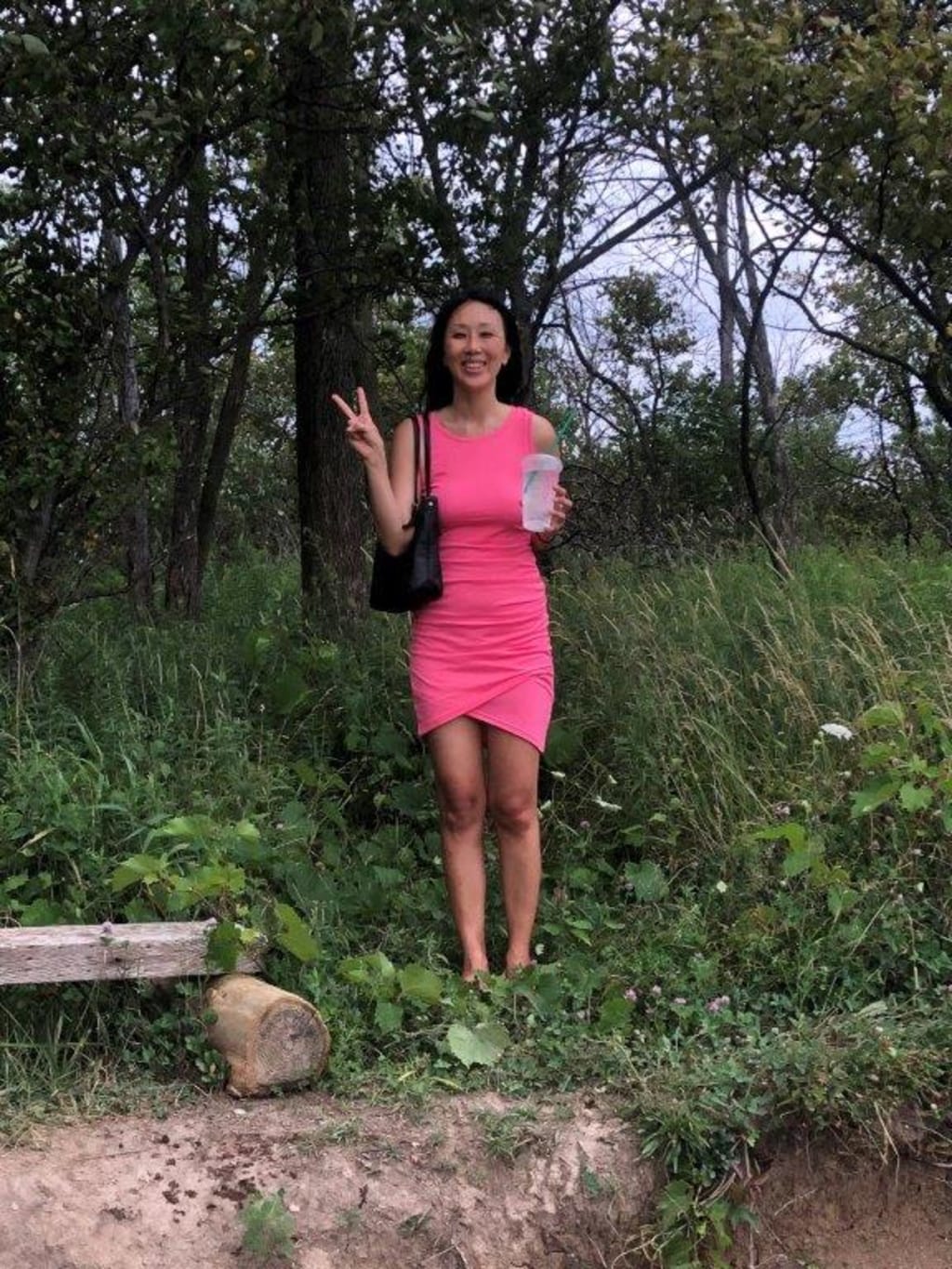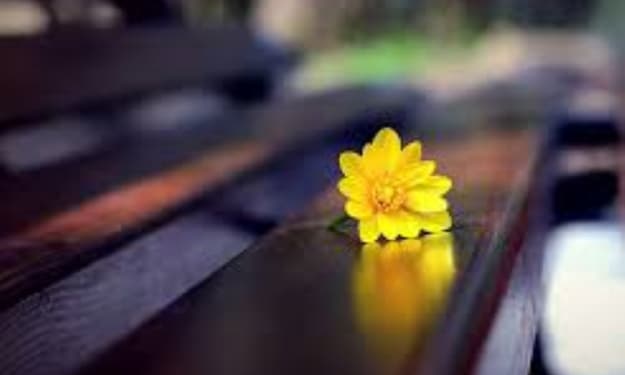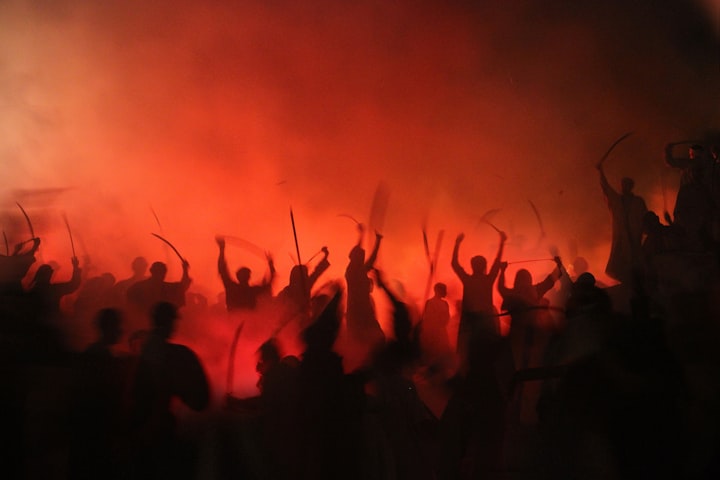
CROSSROADS
by Louise Glück
My body, now that we will not be traveling together much longer
I begin to feel a new tenderness toward you, very raw and unfamiliar,
like what I remember of love when I was young —
love that was so often foolish in its objectives
but never in its choices, its intensities
Too much demanded in advance, too much that could not be promised —
My soul has been so fearful, so violent;
forgive its brutality.
As though it were that soul, my hand moves over you cautiously,
not wishing to give offense
but eager, finally, to achieve expression as substance:
it is not the earth I will miss,
it is you I will miss.
I read this poem by Louise Glück, the Nobel Prize in Literature Laureate and a Rosenkranz Writer in Residence at Yale, a few weeks ago when she was granted this highest honor. This poem struck a chord in me and reverberated through my heart because it seems to be a poem about the poet's homage to her body and her life. What is our relationship with our bodies? Ann Firth Murray, also a Stanford Professor, states that "bodily integrity" is crucial for women to maintain their human rights; yet, bodily autonomy is often overlooked or taken for granted or appropriated by others wishing to control women's agencies in the U.S. Walt Whitman states that the body is the "locus of the real I myself." This method of having control over women's bodies and agency is a form of abuse. So I love the way Glück expresses her appreciation and fondness for her companion which she may or may not be travelling with much longer. There is such honor and austerity when she writes, "love that was so often foolish in its objectives /but never in its choices, its intensities." It is almost as if she recognizes the foolishness of our young bodies, but does NOT doubt or question its "choices or intensities" as active agents.
Then she gently states that her hand "moves over you cautiously" as if she is acknowledging and redeeming the "brutality" that was shown to her body in her earlier years. I often feel like this -all of the mistakes and "transgressions" I have shown my body in my youth sometime seem to be manifesting through soft aches and groans that attribute to my sleeplessness or days of stiffness or the "fight or flight" response that my body has been exhibiting lately during the time of the Coronovirus epidemic.
On Christmas Day yesterday, I reached some sort of a point, where I vacillated between sipping that glass of wine (see previous essay on Ahjussi) or just being honest with my feelings. And I realized that I have been "pretending to be okay" for a long time, especially through the duration of this epidemic where I have experienced a vicious cycle of being okay, then realizing that there is a lot going out there (an epidemic, economic inequity, gender-based violence, protests and riots), subsequently feeling angstful to being panic-stricken about something trivial - it is as if my body is automatically reacting to the constant state of flux this world is in. I had the occasion to read a Facebook post yesterday, where the author had missed a deadline to submit her paper because of the stress of the Coronovirus. And I empathized with her, but this also scared me because I identified pieces of myself in her post during the crests and troughs of this past year.
In the spirit of Glück, I would also like to "move over my body cautiously," acknowledging the trench warfare it has gone through (see previous essay on "My Thoughts on Religion") and treating it humanely. This body that I often take for granted has endured a lot and I would like to honor and care for it by nourishing it, tending to it, and my eyes moving carefully over it as I would to an object of sacredness or a vessel of my own. I realize only by doing so can I become intimate and honest with myself and breathe today as a a human being. It is only when repressing the sacredness of my body and what it wants that I find my bodily state and emotions reverting to more impulsive and "violent" states, as Glück alludes to in the poem.
In the last stanza, Glück poignantly states that it is not "the earth I will miss," but "it is you I will miss." It is almost as if she is addressing her best friend and paying tribute to and remembering her body at this crossroads of her life as an expression of love and "substance" - i.e., with weight - because she is in a unique position to do so. Everyone's bodies return to ashes at the end of our life passages and journeys, but it seems that Gluck is choosing to actively and intentionally pay homage to this sine qua non companion of hers, not "violently" or "fearfully" as she states in the first line of the third stanza, but after much contemplation and introspection at this point in her life -- by-products of the passage of time. By deliberately doing so, Glück is expressing a tenderness and raw emotions that are reminiscent of young love, as if she is learning the contours and the curves and the maps and the outlines and the delineation of her body for the first time.
About the Creator
Susan Lee
I graduated from Stanford University in 2002 with a BA in International Relations and a minor in Psychology and have a Masters in International Affairs from Georgetown University.






Comments
There are no comments for this story
Be the first to respond and start the conversation.